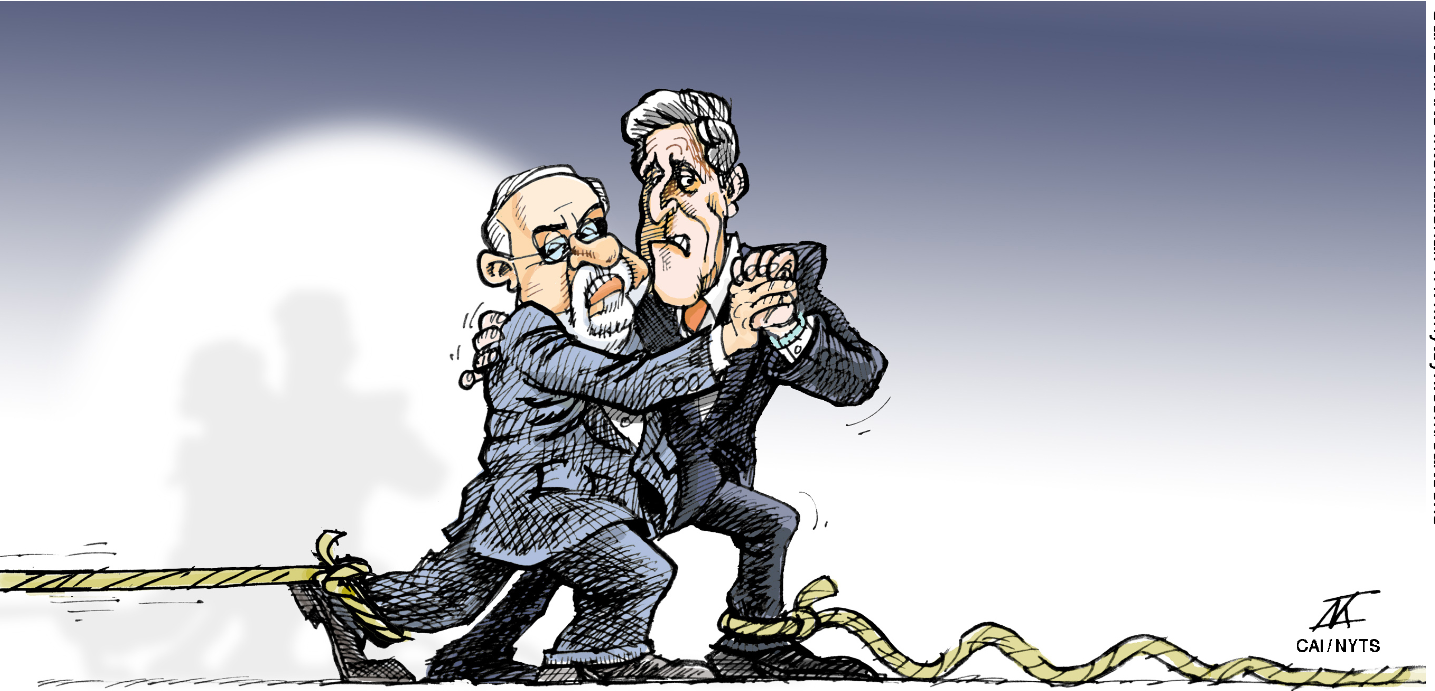From the moment U.S. President Barack Obama took office, the Iranian government had its doubts about his administration. There were two schools of "doubt." The first questioned his intentions. They believed his rhetoric and promises were just that — empty words. In deeds, the argument read, he was no different from his war-prone predecessor. The other school doubted Obama's abilities, not his intentions. Could an inexperienced, outsider president really shift America's long-standing policy and attitude toward Iran? Was he even the real decision maker?
"I do not know who makes decisions for the United States, the president, the Congress, elements behind the scenes," Iran's Supreme Leader Ayatollah Ali Khamenei said in 2009. By now, however, there should be less confusion in Tehran. Obama is on a roll.
Tehran's doubts were not unfounded. What used to be perhaps an academic question, is today a very practical and pertinent one: The sanctions relief Obama is promising Iran in the nuclear talks are not his to lift. Obama has waiver rights, but only Congress can lift sanctions. Congressional opposition to a nuclear bargain with Iran has consequentially weakened Obama's hand in the negotiations, rather than serve as a "Good cop, bad cop" Jedi mind-trick that would compel Tehran to lower its demands.



